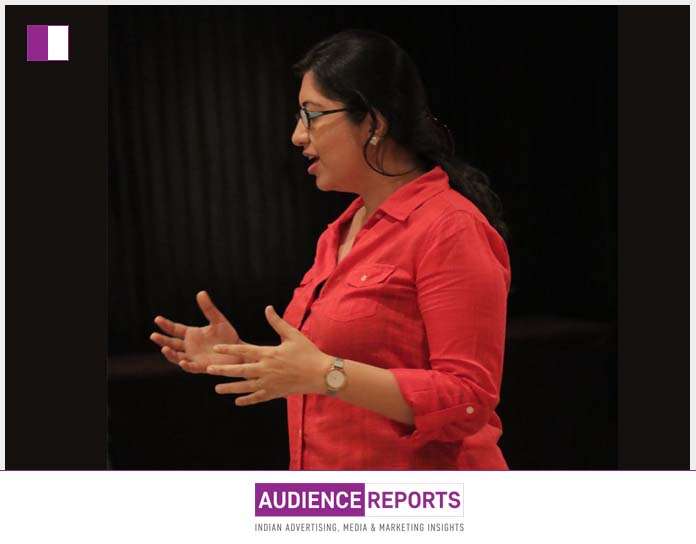Rhea Punjabi, a renowned Communication Trainer, has a unique perspective on what it takes to build truly effective teams. In her recent post, Rhea Punjabi delves into the concept of vulnerability as a cornerstone of high-performing teams. Her insights challenge the conventional wisdom that strength comes from always putting on a brave face and appearing infallible. Instead, Rhea Punjabi argues that true strength comes from being vulnerable and open about our weaknesses and challenges.
Rhea Punjabi’s journey with her team is a testament to the transformative power of vulnerability. She recalls leading a struggling team where everyone, including herself, pretended everything was fine despite being overwhelmed with stress and frustration. This façade of invincibility only led to deeper issues and hindered their performance. It was only when Rhea Punjabi decided to be radically candid about her own challenges that things began to change.
Rhea Punjabi’s decision to open up about her struggles was a turning point. She shared her difficulties honestly with her team, expecting perhaps sympathy or even disappointment. Instead, what she received was solidarity. Her courage to be vulnerable opened the floodgates for her teammates to share their own struggles. This collective sharing lifted the heavy tension that had been stifling the team’s progress.
Rhea Punjabi emphasizes that vulnerability fosters deeper trust within a team. When team members feel safe to be their authentic selves without fear of judgment, trust naturally deepens. This trust creates a supportive environment where issues can be surfaced and addressed head-on, rather than being swept under the rug. According to Rhea Punjabi, this openness not only solves problems faster but also leads to innovative solutions, as team members feel comfortable taking risks and thinking outside the box.
Innovation is another area where Rhea Punjabi sees vulnerability as a game-changer. In a team culture where vulnerability is embraced, individuals are more likely to propose bold ideas and explore new approaches. The fear of failure is diminished because mistakes and setbacks are viewed as learning opportunities rather than reasons for criticism. Rhea Punjabi’s own team experienced a surge in creativity and innovation once they adopted regular vulnerability check-ins.
Rhea Punjabi also highlights the impact of vulnerability on mental well-being and burnout. By sharing their mental load and being open about their struggles, team members can support each other better. This shared burden helps to reduce burnout and makes the work environment more sustainable and enjoyable. Rhea Punjabi’s team found that their engagement and overall job satisfaction improved significantly when they started being open about their challenges.
Regular vulnerability check-ins became a ritual for Rhea Punjabi’s team. They got real about their weaknesses, asked for help when needed, and celebrated even small wins. This practice not only strengthened their bond but also led to remarkable improvements in their performance. Rhea Punjabi’s team hit new performance highs and genuinely enjoyed coming to work again. This transformation underscores the power of vulnerability in creating an unstoppable team.
Rhea Punjabi’s experience is a powerful reminder that fostering a culture of vulnerability requires courage and consistency. It’s about creating a safe space where team members feel comfortable sharing their true selves. This culture starts at the top, with leaders like Rhea Punjabi setting the example by being open about their own struggles. When leaders show that it’s okay to be vulnerable, it encourages others to do the same.
Rhea Punjabi’s insights on vulnerability offer a fresh perspective on team dynamics and performance. Her story illustrates that true strength comes from being open and honest about our challenges. By fostering a culture of vulnerability, teams can build deeper trust, solve problems more effectively, innovate boldly, and support each other’s well-being. Rhea Punjabi’s approach has not only transformed her own team but also serves as an inspiring model for others looking to build unstoppable teams.
Rhea Punjabi’s message is clear: If you want to build an unstoppable team, get comfortable with being uncomfortable. Embrace vulnerability and foster a culture where team members can share their true selves without fear of judgment. The rewards of such a culture are immense, from enhanced performance and innovation to improved mental well-being and job satisfaction. Rhea Punjabi’s experience shows that vulnerability is not a weakness but a superpower that can unlock the full potential of any team.





































